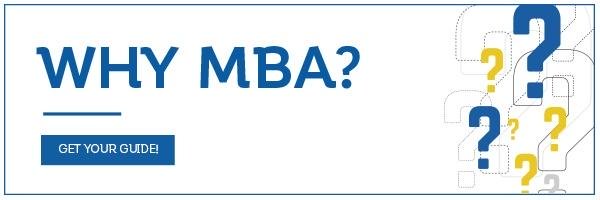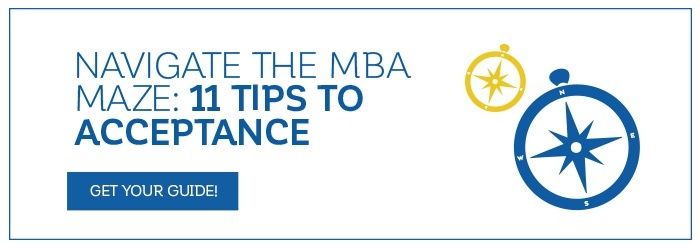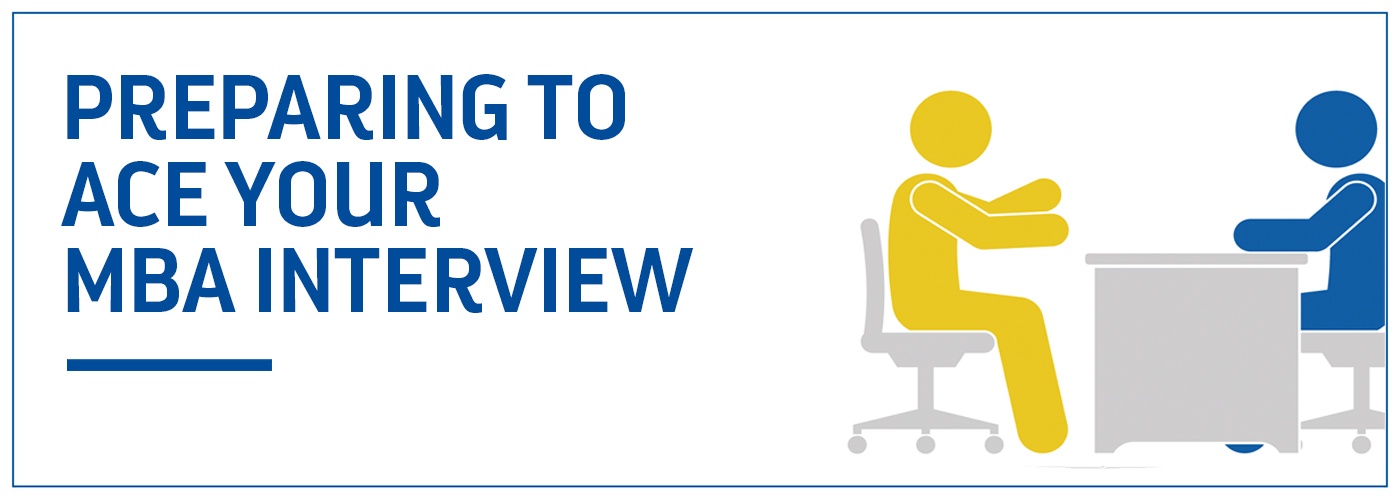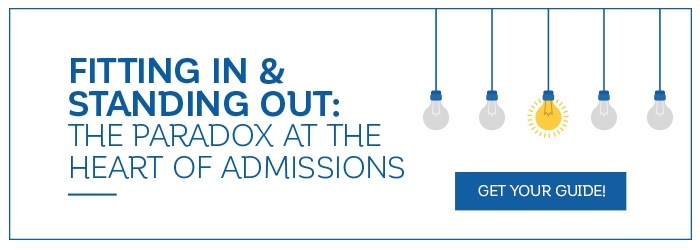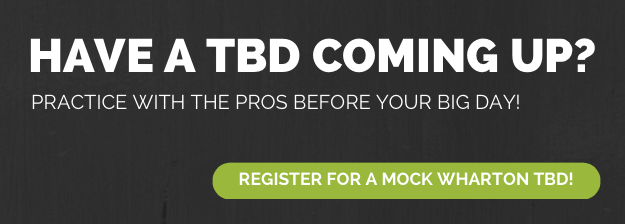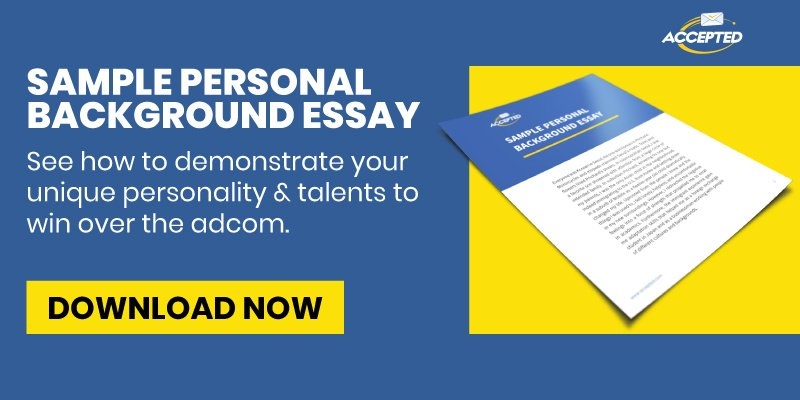Events & Promotions
|
|

GMAT Club Daily Prep
Thank you for using the timer - this advanced tool can estimate your performance and suggest more practice questions. We have subscribed you to Daily Prep Questions via email.
Customized
for You
Track
Your Progress
Practice
Pays
Not interested in getting valuable practice questions and articles delivered to your email? No problem, unsubscribe here.
- Nov 20
10:00 AM EST
-10:30 AM EST
If you’re applying to Columbia, NYU Stern, or Yale SOM, you need more than strong stats. Each school defines “leadership” differently, and your essays must reflect that. Join Sia Admissions founder, Susan Berishaj on November 20th - Nov 20
09:00 PM IST
-10:00 PM IST
Join our free expert-led Essay Workshops to discover how to choose impactful stories, highlight your core values, and align your background with each school’s distinct culture, making every word truly count. - Nov 20
07:30 AM PST
-08:30 AM PST
Learn what truly sets the UC Riverside MBA apart and how it helps in your professional growth - Nov 21
08:30 AM EST
-09:15 AM EST
Get the inside scoop on what makes Emory’s Goizueta Business School great, learn how you can present a strong MBA application, and connect with an Admissions Director to get your questions answered. - Nov 21
09:30 PM IST
-10:30 PM IST
Learn how to craft powerful, authentic essays by mastering the 3 “WHYs” every top MBA program looks for: Why MBA, Why Now, and Why This School. - Nov 24
08:00 PM PST
-09:00 PM PST
Inquire for a free profile evaluation and guarantee statement for possible admits and scholarships!
Kudos
Bookmarks
| FROM Accepted.com Blog: MIT Executive MBA 2020 Class Profile |
  Here’s a look at the MIT EMBA Class of 2020, as taken from the MIT website:
 Company size (employees) Number employeesPercent 10,001+36% 2,501-10,00016% 501-2,50012% 101-50013% 25-10013% Fewer than 2510% Geography AreaPercent Northeast50% West12% International11% Mid-Atlantic10% Midwest6% South6% Southwest5% Seniority PositionPercent Director46% Manager17% C-level16% Vice President12% Founder9% Industry IndustryPercent Healthcare/Hospitals15% Banking/Financial Services13% Software/Technology13% Educational/Nonprofit9% Pharma/Biotech/Medical Devices8% Energy/Mining/Chemicals6% Management Consulting5% Retail5% Government/Military4% Insurance3% Other3% Telecommunications Services3% Advertising/Marketing2% Aerospace2% Construction2% Entertainment/Media/Sports2% Gambling/Casinos2% Manufacturing2% Utilities2% Applying to the MIT EMBA program? MIT’s EMBA program is one of the most competitive executive MBA programs out there – and our advisors have the expertise you need to get your application acceptance-ready. Check out our EMBA Admissions Consulting & Editing Services to learn more about how our experts will get you ACCEPTED! 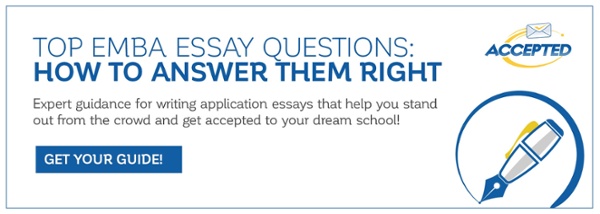  For 25 years, Accepted has helped business school applicants gain acceptance to top programs. Our outstanding team of MBA admissions consultants features former business school admissions directors and professional writers who have guided our clients to admission at top MBA, EMBA, and other graduate business programs worldwide including Harvard, Stanford, Wharton, Booth, INSEAD, London Business School, and many more. Want an MBA admissions expert to help you get Accepted? Click here to get in touch! Related Resources:
Tags: MBA Admissions The post MIT Executive MBA 2020 Class Profile appeared first on Accepted Admissions Blog. |
This Blog post was imported into the forum automatically. We hope you found it helpful. Please use the Kudos button if you did, or please PM/DM me if you found it disruptive and I will take care of it.
-BB
Kudos
Bookmarks
| FROM Accepted.com Blog: Here’s One Way to Ace Your MBA Interview |
|
[img]https://blog.accepted.com/wp-content/uploads/2020/01/MBA-Interview-Prep-How-to-Ace-Your-Interviews.png[/img] [url=https://reports.accepted.com/mba-interview-prep?utm_campaign=Blog&utm_medium=mba_iv_prep_guide_announcement&utm_source=blog][img]https://blog.accepted.com/wp-content/uploads/2020/01/MBA-Interview-Prep-How-to-Ace-Your-Interviews.png[/img][/url] Whether you just your Round 2 interview invitation or are still waiting to receive it, now is the time to prepare. Acing your interview is the final step in getting into the MBA program of your choice. Setting your interview goals and priorities, understanding what the admissions interview is all about, and creating a plan so you can prepare for it will make your interview stand out and assure your acceptance. You need this free guide Download your free copy of [url=https://reports.accepted.com/mba-interview-prep?utm_campaign=Blog&utm_medium=mba_iv_prep_guide_announcement&utm_source=blog]MBA Interview Prep: How to Ace Your Interviews[/url] and get the advice and information that you MUST have before going into your interview. Grab your copy hbspt.forms.create({ portalId: “58291”, formId: “47d56bb9-2305-4130-811e-194182ba74b9” }); [url=https://www.accepted.com/mba/services?utm_campaign=Blog&utm_medium=blog_bio_mba&utm_source=blog][img]https://blog.accepted.com/wp-content/uploads/2019/05/accepted_admissions_consulting.jpg[/img][/url] For 25 years, Accepted has helped business school applicants gain acceptance to top programs. Our outstanding team of MBA admissions consultants features former business school admissions directors and professional writers who have guided our clients to admission at top MBA, EMBA, and other graduate business programs worldwide including Harvard, Stanford, Wharton, Booth, INSEAD, London Business School, and many more. [url=https://www.accepted.com/mba/services?utm_campaign=Blog&utm_medium=blog_bio_mba&utm_source=blog][b]Want an MBA admissions expert [/b][b]to help you get Accepted? Click here to get in touch![/b][/url] Tags: [url=https://blog.accepted.com/category/mba-admissions/]MBA Admissions[/url] The post [url=https://blog.accepted.com/heres-one-way-to-ace-your-mba-interview/]Here’s One Way to Ace Your MBA Interview[/url] appeared first on [url=https://blog.accepted.com]Accepted Admissions Blog[/url]. |
This Blog post was imported into the forum automatically. We hope you found it helpful. Please use the Kudos button if you did, or please PM/DM me if you found it disruptive and I will take care of it.
-BB
Kudos
Bookmarks
| FROM Accepted.com Blog: How to Get Accepted to INSEAD? |
  INSEAD is the “Business School For The World.” But is it the business school for you? If you’re an internationally-minded leader, you could be on your way to a first-class international MBA program – but first, you need to show the admissions committee that you belong. To help you understand what the INSEAD adcom is looking for, we’ve created a unique, one-hour webinar just for INSEAD applicants: Get Accepted to INSEAD. Accepted’s founder, Linda Abraham, will share proven strategies for your application and guide you through each section of the INSEAD application package. You’ll learn how to make the most of your strengths, mitigate weaknesses, and show you belong at INSEAD. And because we know you’re busy, we’ve packed it all into just one hour. The webinar is free, but you must register. Reserve your seat now hbspt.forms.create({ portalId: “58291”, formId: “fe9d2edc-7ad3-4c0a-9b94-e4bff649c5dd”, goToWebinarWebinarKey: “5902936384894701837” });  For 25 years, Accepted has helped business school applicants gain acceptance to top programs. Our outstanding team of MBA admissions consultants features former business school admissions directors and professional writers who have guided our clients to admission at top MBA, EMBA, and other graduate business programs worldwide including Harvard, Stanford, Wharton, Booth, INSEAD, London Business School, and many more. Want an MBA admissions expert to help you get Accepted? Click here to get in touch! Tags: MBA Admissions The post How to Get Accepted to INSEAD? appeared first on Accepted Admissions Blog. |
This Blog post was imported into the forum automatically. We hope you found it helpful. Please use the Kudos button if you did, or please PM/DM me if you found it disruptive and I will take care of it.
-BB








